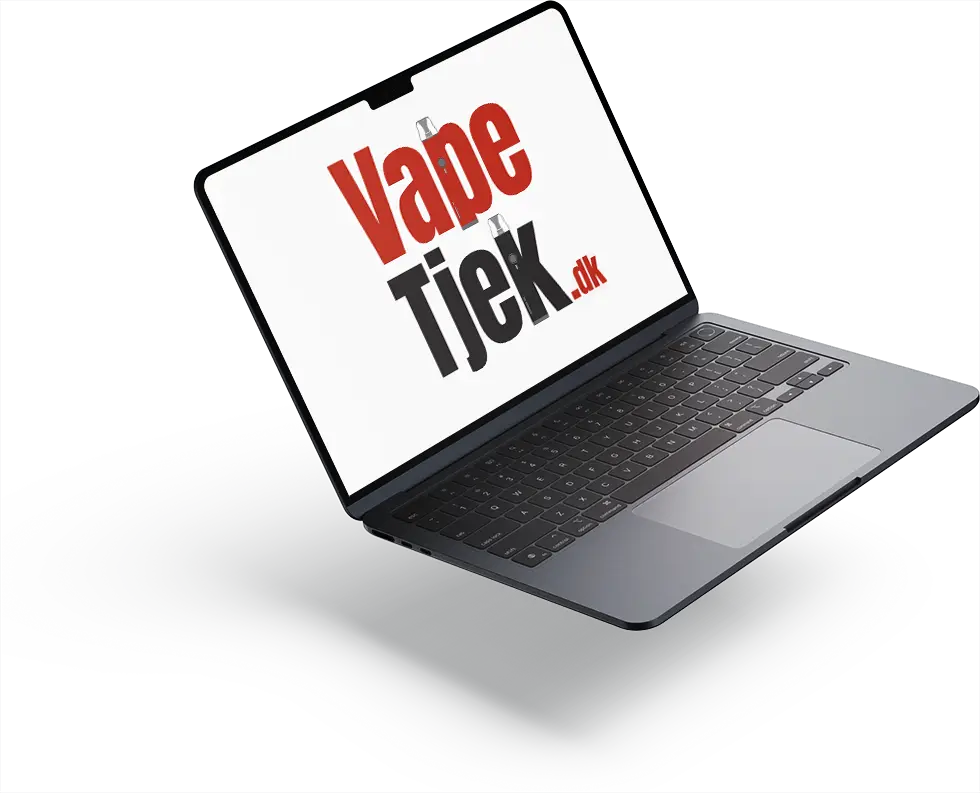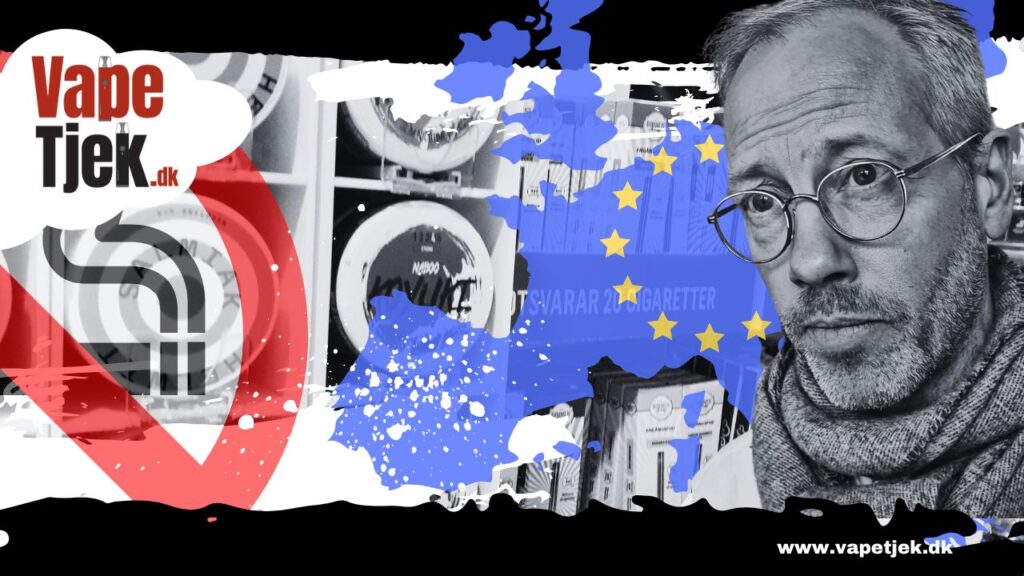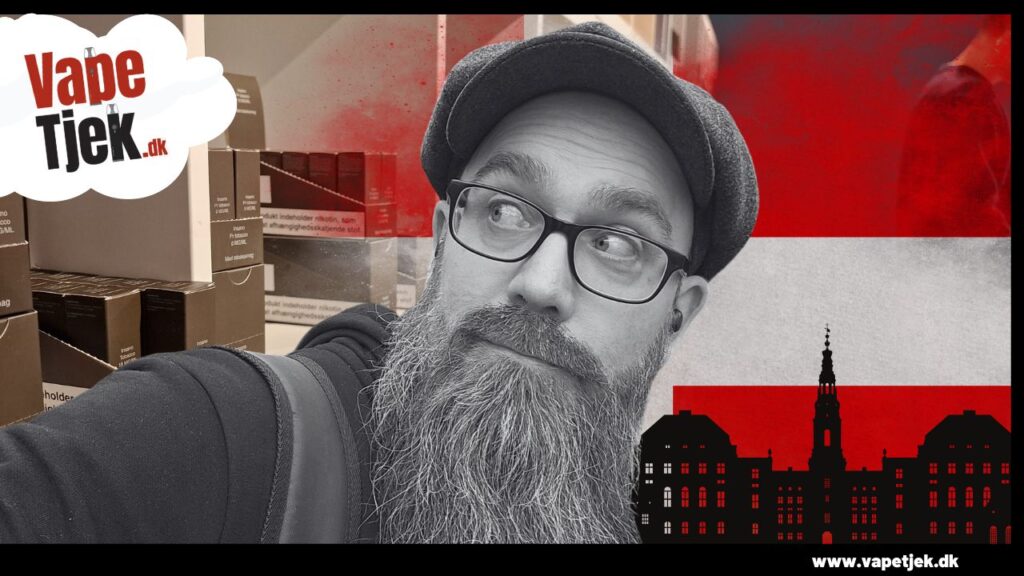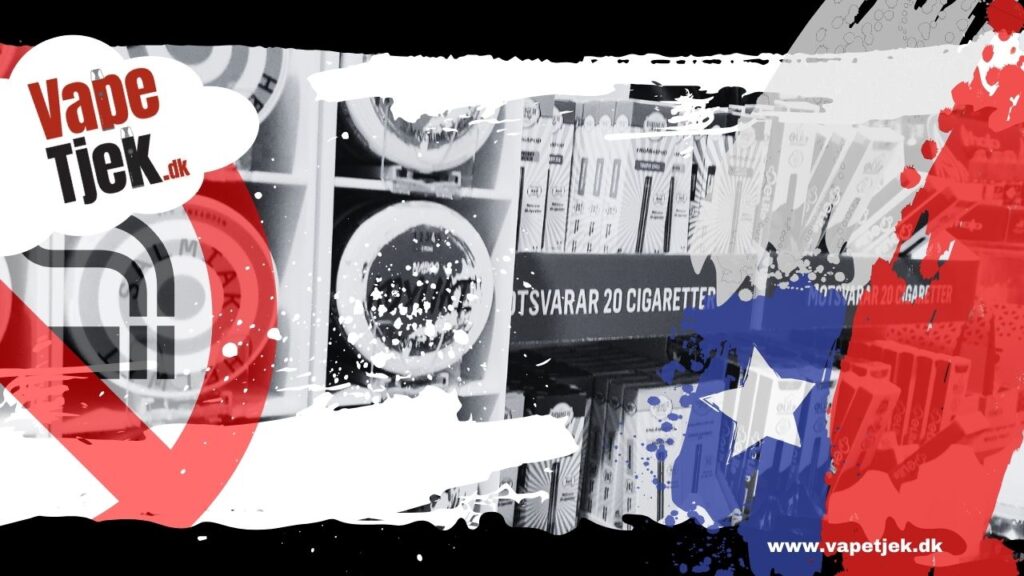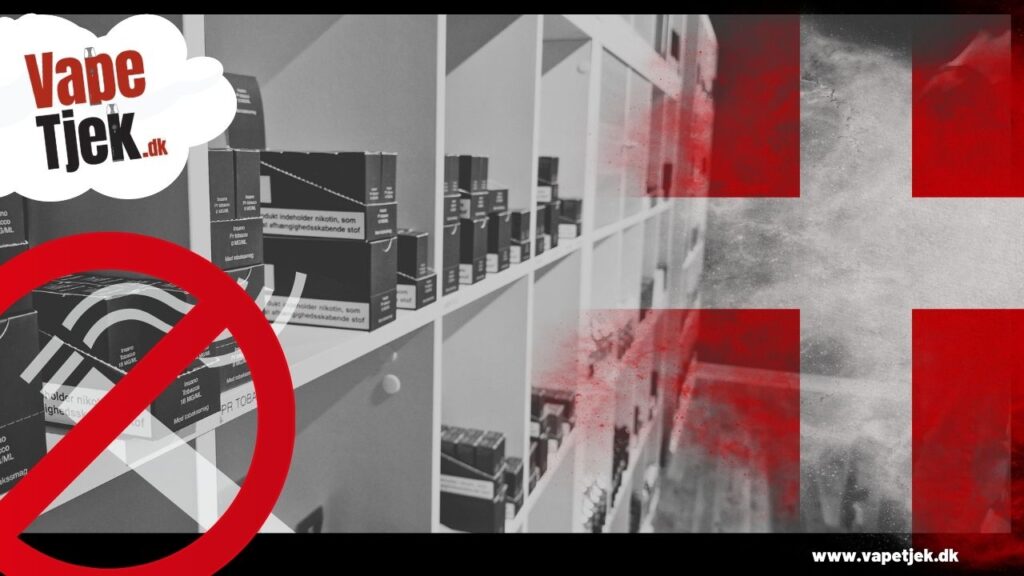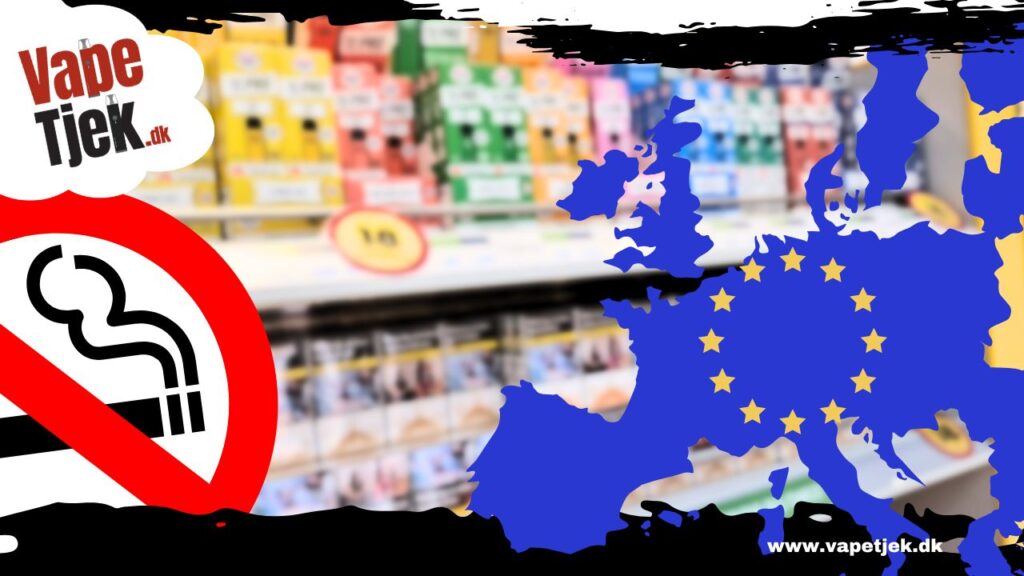The debate about harm reduction and e-cigarettes is heated. Not least since the tobacco companies entered the fray. But what do they really want? And why do cigarette manufacturers care about e-cigarettes? Road hill has visited Philip Morris.
The world of tobacco and harm reduction - especially e-cigarettes - is like a minefield. A game board where every step risks triggering an explosion.
It's very difficult to do the right thing.
It's very easy to do the wrong thing.
I think about this as I stand in the lobby of Philip Morris - one of the world's largest tobacco companies. It's a nice office, but not as flashy as you might expect from a global giant. A couple of armchairs, a table, a coffee machine humming away in a corner. Nothing over the top. Very quiet.
Something unwanted
In the centre of the room, however, is one of the reasons why the debate about harm reduction and e-cigarettes is so complex. A glass case with Philip Morris' own vaping product - IQOS - an electronic tobacco heating system.
In its simplicity, it's a product that reduces the risks of nicotine consumption. But it's also a product that divides politicians, health researchers, activists - and not least the vapers themselves. On the one hand, those who see harm reduction as a positive development. On the other, those who believe that anything that comes from the tobacco industry is undesirable.
The doctor who switched sides
I'm here to meet Claude Guiron, Scientific Director of Philip Morris in the Nordics. A trained cardiologist with a background in the pharmaceutical industry, he has joined PMI to deliver a specific message: a smoke-free society is possible, harm reduction works, and tobacco companies have some of the solutions. IQOS - electronically heated tobacco - is one of them. Traditional e-cigarettes, snus and nicotine pouches are others.
"We have the technology today and smoke-free products have developed rapidly - just in the last five years. PMI has an ambition to become a smoke-free company, but for that to happen, we need to get smokers to quit smoking. We also know that medical smoking cessation treatment doesn't work for everyone. Many smokers still want to use nicotine, and snus, nicotine pouches and e-cigarettes are important alternatives." says Claude Guiron.
Called the "angel of death"
Claude Guiron is the doctor who switched sides. From the pharmaceutical industry to tobacco. From saint to heretic.
I don't know if the comparison is fair. But there's no doubt that others use biblical-calibre terms about Claude Guiron. He and Philip Morris were recently called "the angel of death" by Aftonbladet columnist Peter Kadhammar.
A violent term that would normally be removed by any editor-in-chief. But not when it comes to Claude Guiron and Philip Morris. Different rules apply here. Anything that comes from the tobacco industry is dangerous by definition. The same goes for anyone on their payroll.
Stigma
Claude Guiron realises this too. Dealing with it is part of the job.
"There's a huge stigma around smoking. And of course, tobacco companies don't have the best reputation. You have to think about why we are doing this. It's about offering smokers an acceptable alternative to cigarettes. And that's incredibly inspiring to be a part of. Building trust takes time, of course. But it makes the work meaningful." says Claude Guiron.
Will ban cigarettes
Philip Morris caused a global stir when their CEO Jacek Olczak suggested that all cigarette sales in the UK should be banned within 10 years. An unexpected statement from one of the world's leading cigarette manufacturers. And a rather problematic one.
Why would a company want to ban the product they make billions from?
The answer: Alternative products. E-cigarettes, nicotine pouches, snus. And IQOS.
Harm reduction in the policy
It was no coincidence that PMI targeted the UK. Harm reduction is an integral part of UK tobacco policy and e-cigarettes have been given a central role in phasing out smoking - alongside traditional smoking cessation medication.
"E-cigarettes are not risk-free, but far less harmful than cigarettes. Smokers should therefore consider switching to vaping," the UK health authorities repeat time and time again in their announcements.
A similar strategy is seen in New Zealand and to some extent in the US, where IQOS was recently classified as a harm reduction product (like Swedish snus).
Set an end date for cigarettes
Claude Guiron believes that Swedish politicians should also take up the issue.
"Set a date. A time when the last cigarette will be sold. Until then, increase the tax on regular cigarettes and keep it down on the alternatives. Make less harmful products more attractive to smokers. Give manufacturers the opportunity to inform about the relative health risks - for smokers, not non-smokers."
Nicotine is not the enemy
Claude Guiron sounds like any other harm reduction activist. It's about relative risks, that smokers should be properly informed about nicotine versus the harmful effects of tobacco smoke. That a smoke-free life does not necessarily mean total abstinence from nicotine - because nicotine is not the enemy.
"We need to help smokers quit cigarettes in different ways. For those for whom medication and therapy don't work, there must be more alternatives." says Claude Guiron.
Alternatives to cigarettes
Claude Guiron believes that many companies and authorities around the world have their eyes on Sweden. And not because of strict tobacco regulations. It's because tobacco products sell well here, while tobacco-related injuries are relatively low.
"They see that it's not just restrictive legislation that works. In countries where alternatives are not allowed, smoking is far more prevalent. Finland and Denmark, with stricter regulations on e-cigarettes and snus, have a higher proportion of smokers (14 %) compared to Sweden and Norway," he says.
Tobacco industry to be stopped by WHO
But it takes more than good arguments to sell. The marketing of nicotine products is currently highly restricted. According to the 2003 WHO Tobacco Convention, the tobacco industry is not allowed to influence health policy in the countries that have signed the agreement.
"The WHO's statements come from a different time. There have been huge technological advances since 2003. We see the development of products that deliver nicotine in a less harmful way. And the authorities are struggling to keep up because the convention prevents communication with companies." says Claude Guiron.
"Harm reduction is here to stay"
"Harm reduction is a well-established strategy in public health. It's not just us saying it - there is independent research and clear evidence that it works. We can't ignore it," concludes Claude Guiron.

